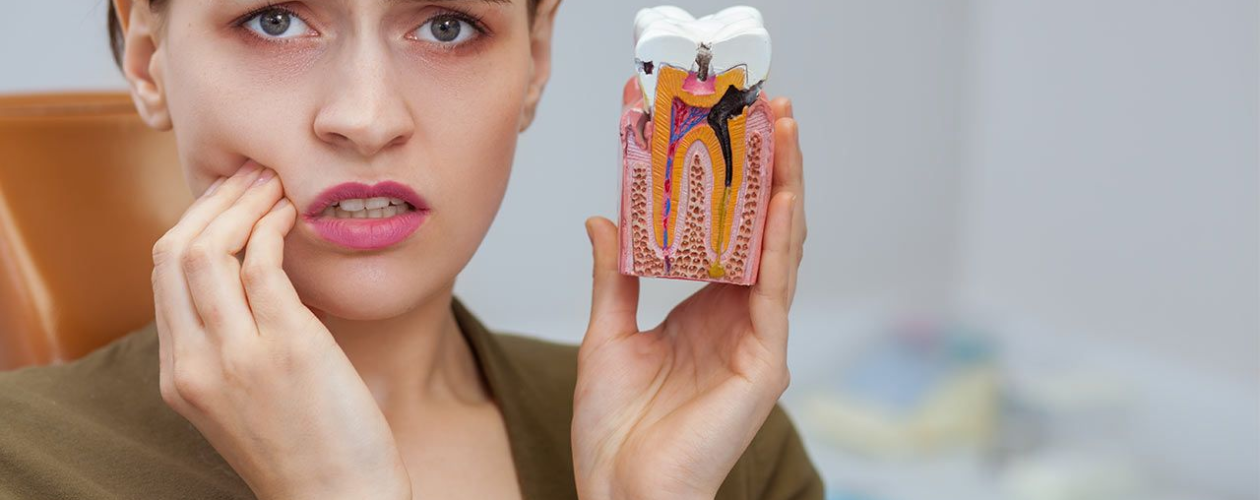How To Avoid Dental Cavities

Are you interested in learning how to avoid cavities? Continue reading for some helpful hints on how to avoid tooth decay.
Dental cavities are very common. Although oral health is an important aspect of our overall well-being, it is frequently overlooked.
CAVITIES PREVENTION TIPS
Although brushing and flossing are two important daily oral hygiene routines for maintaining the health of your teeth and gums, there are a few other simple things you can do to prevent tooth decay or worse, tooth loss. The following are some suggestions for preventing dental cavities:
1. Brush on a regular basis the right way
Brushing your teeth reduces the incidence of bacteria and plaque, making it one of the simplest yet most effective ways to prevent cavities. Brush your teeth after every meal and before going to bed. Brushing your teeth at night (especially after a late-night snack) is essential; otherwise, bacteria will remain on your teeth and cause enamel erosion, which will lead to cavities.
Avoid aggressive horizontal brushing to avoid gum injury. For kids, you can use a soft brush and teach them to brush in a circular motion. Generally, fluoride-containing toothpaste is highly recommended for the best results.
2. Visit the dentist
Patients can take control of their dental health by first determining their cavity risk. This information can be obtained from a comprehensive dental examination by a dentist. They will be aware of any treatments that may be required, as well as any changes in dental hygiene and nutrition that may be beneficial. Patients can then use a more focused and effective strategy. It is advised to go for a routine dental checkup after every three months.
3. Lower your sugar consumption
Bacteria rely on sugar in the mouth to grow and thrive, and humans assist them in this process by making sugars readily available. If you must have a cup of coffee or tea in the morning, try to finish it in under 20 minutes and avoid adding additional cream or sugar. It’s also a good idea to rinse your mouth after every meal.
Sugary drinks are bad for your teeth and your health.
4. Flossing is essential
Regardless of how effective the brushing technique is, the gaps between the teeth are difficult to reach. Food particles tend to collect more in these small spaces. Flossing is necessary to remove food stuck between the teeth and to clean areas where the brush cannot reach. Avoid snapping your gums by using gentle strokes. One can always go for more upgraded options like interdental brushed and water floss.
5. Quit smoking
Smoking and chewing tobacco are two of the mouth’s worst enemies. In addition to staining your teeth, smoking causes tooth decay, gum disease, tooth loss, and oral cancer. It is advisable to reduce the frequency of habit slowly rather than quitting it all at once.
6. Make use of mouthwash
On the market, there are several brands of antimicrobial dental rinses that have been clinically proven to prevent or reduce plaque. Using these mouthwashes after meals or brushing your teeth can help prevent cavities.
7. Get dental sealants
Sealants are materials that are applied to the chewing surfaces of the back teeth to protect them. To prevent cavities, the sealant acts as a shield for the tooth against plaque and bacteria accumulation. Sealants are most commonly used on children due to the eruption of permanent teeth, but they can also be used on adults.
BOTTOM LINE
Nobody expects to have to deal with dental cavities, discomfort, or infection at any point in their lives. To protect your teeth and gums from decay and damage, you should take your oral health seriously. Cavities can be avoided with regular dental checkups, brushing, flossing, and a low-sugar diet.
